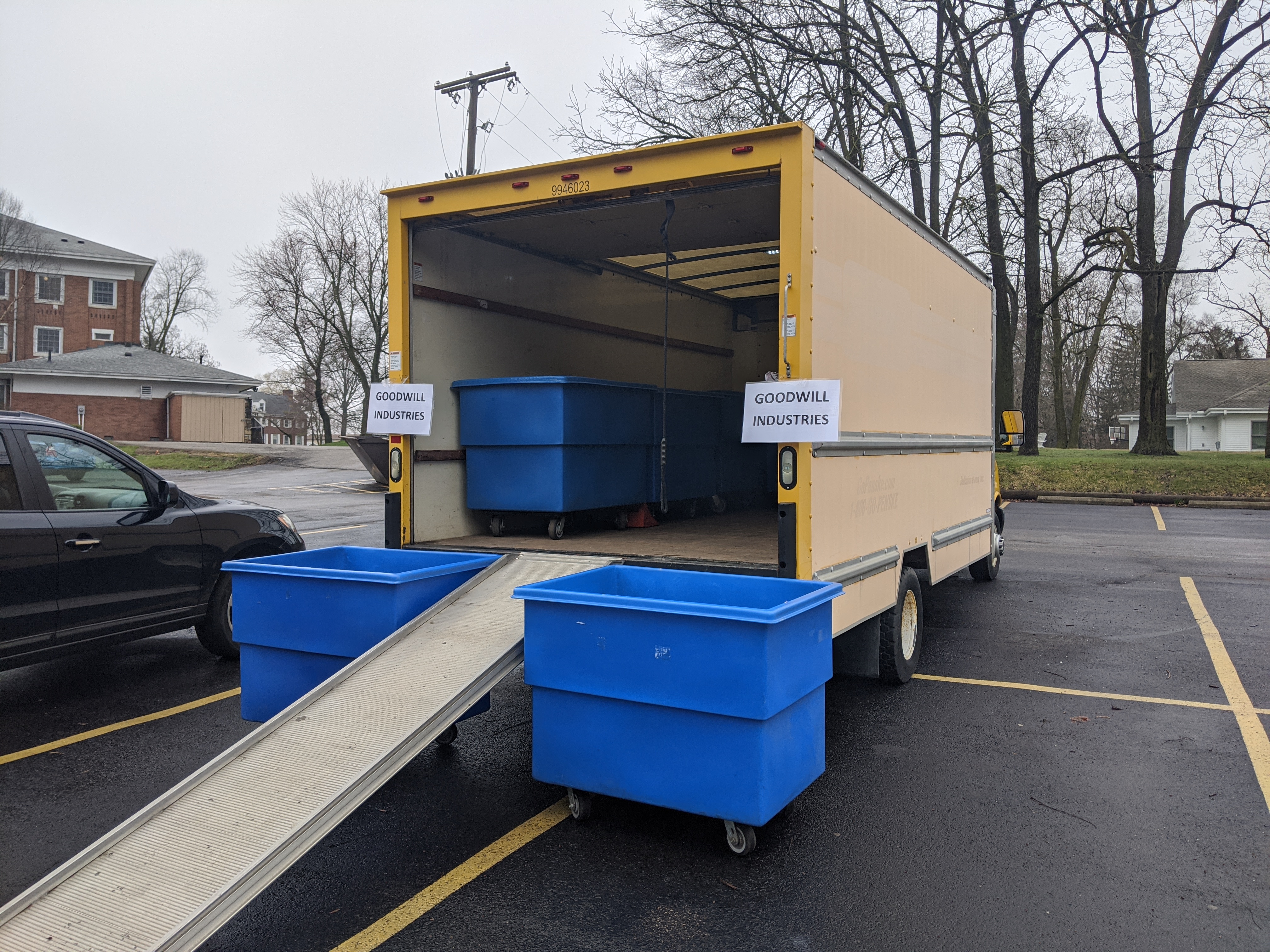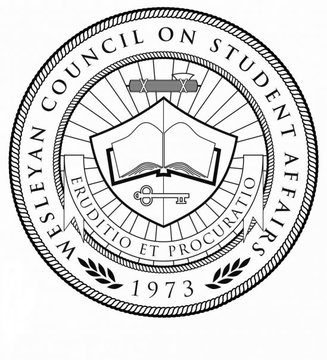By Azmeh Talha
Editor
Hailey de la Vera and Katie Cantrell
Transcript Correspondents
As most Ohio Wesleyan students cleared out belongings from dorms and tried to grasp their new reality, they also coped with sadness over leaving campus and close friends and wondered how they might carry on in this new world, both academically and socially.
Meanwhile, faculty accustomed and trained to teach in a classroom, struggled with the new reality of teaching students remotely.
Professor of fine arts Kristina Bogdanov teaches several drawing and ceramic classes, a three-dimensional art form using clay. She is wrestling with how that will look remotely.
“Classes like these are going to require a little more creativity and investment on my part,” she said. “I never thought even in my wildest nightmare dreams something like this could happen.”
But happen it has.
OWU announced in recent days the rapid spread of COVID-19 was forcing the school to:
- Suspend all in-class meetings and events for the remainder of the semester
- Order all students to move back home
- Move to a remote teaching system
- Postpone senior commencement ceremonies
On Thursday, OWU President Rock Jones announced that after reviewing public health information and government mandates, all staff, except those deemed essential to support the remaining on-campus students and to maintain urgent campus operations, were to begin working from home by 5 p.m. Friday.
Somewhere between 60-70 students, mostly international, are expected to remain living on campus.
Sophomore Astrid Koek, from the Netherlands, would like to go home but cannot. She said she understands OWU is trying to do its best for her and other students in her situation.
“It’s a difficult time because we want to go home since everything around us is so uncertain,” Koek said. “We created a family here but now everyone is home and we’re left alone. The feeling of homesickness has gotten worse and we can’t go home, so we’re completely relying on other people’s kindness.”
The remaining students will not be abandoned, Jones promised.
“Work already has begun to ensure these on-campus students feel cared for and supported,” Jones said. “Take-out meals will be served three times a day. The T-store will be open for limited hours. Other services will be available on a limited basis.”
Jones also reiterated senior graduation would eventually be held on campus at a later date and anyone unable to attend could still participate.
“We will make it a virtual experience for those who are not able to return to campus,” Jones said. “It will be creative, fun and a great celebration of the accomplishments of the Class of 2020.”
Jones said he also understands remote learning and teaching will be a profound challenge for both students and faculty.
“Faculty are working hard to make this the best possible experience, even though it is not the way they have spent their lives preparing to teach,” he said. “The flexibility of students and faculty alike is a wonderful reflection of other aspects of OWU, including the determination to do whatever is necessary to provide the best possible educational experience, regardless of the challenges presented.”
And many challenges exist.
Economics professor Robert Gitter said he has had too little time to prepare for a method of teaching he has never used. He said he uses Blackboard mainly to post grades, readings and assignments.
“We’re just making the best of a bad situation,” he said. “I will hold office hours and respond by email and I’ll be glad to talk with people via Google Hangouts, Skype and phone calls. But I imagine that some people will just fall behind and all I can do is reach out to them and we’ll do the best we can.”
Junior Kelli Bertoia is concerned about this new learning vehicle.
“I feel that there are many disadvantages that come with remote learning, including difficulty interacting with peers, getting immediate feedback from professors, and difficulty staying connected at all times if you don’t have constant reliable technology,” Bertoia said.
Junior Aimee Duckworth, a member of OWU’s women’s softball team, is also struggling with this new reality.
“It’s taken a toll on me mentally having to wrap my head around the fact that I won’t play for another year,” she said. “It’s also hard for the seniors and how they got their season taken away.”
Senior Meg Dalton would agree with the toll this takes on seniors – for everything.
“I’m very sad my senior year had to end liked this,” she said. “Having to leave my friends was the hardest part.”
Senior Emily VanDermark said as difficult as OWU’s closure is, it’s the right thing to do.
“I think that the steps taken were necessary and I support the administration’s decisions regarding the whole situation,” she said. “All we can do is be smart and safe and there for each other through all of this.”
aatalha@owu.edu
hhdelava@owu.edu
kmcantre@owu.edu

